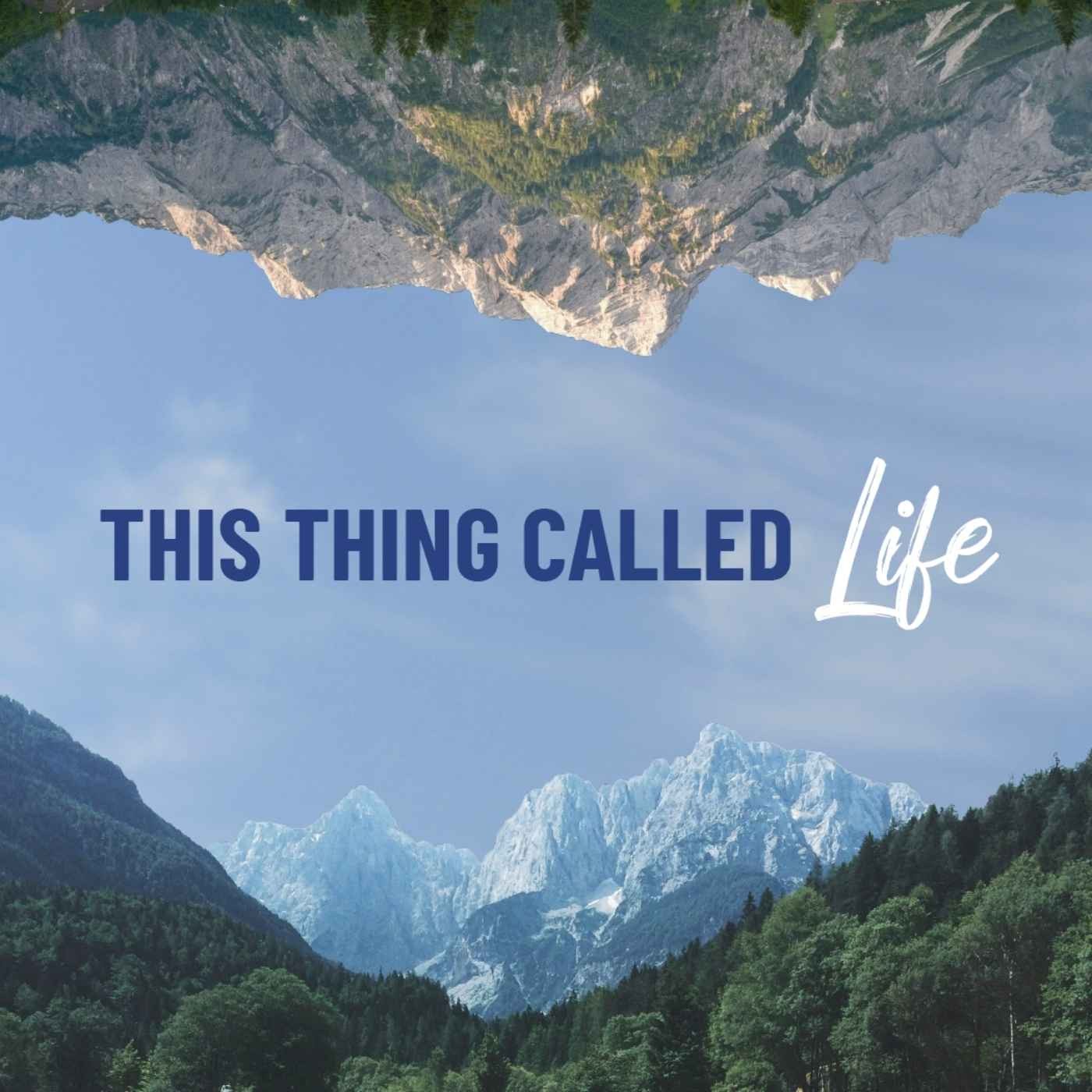
11K
Downloads
171
Episodes
This Thing Called Life is a podcast dedicated to acts of giving, kindness, compassion, and humanity. Host Andi Johnson introduces you to powerful organ, tissue, and eye donation stories from individuals, families, and front-line healthcare teams. These stories are meant to inspire and remind you that while life can be challenging and unpredictable, it’s also incredibly beautiful. We hope this podcast inspires you to connect with our life-saving and life-healing mission.
Episodes

Tuesday Dec 17, 2024
EP104: A Transplant Surgeon’s Journey To Help Others, with Dr Madison Cuffy
Tuesday Dec 17, 2024
Tuesday Dec 17, 2024
A Transplant Surgeon’s Journey To Help Others, with Dr Madison Cuffy
During this episode of This Thing Called Life podcast, host Andi Johnson speaks with Dr. Madison Cuffy, an Associate Professor at UC Health. Dr. Cuffy has built trust-filled relationships with his transplant patients throughout the years and loves nothing more than to see them live their lives to the fullest after getting their transplant.
Episode Highlights:
- Dr. Cuffy started his medical journey back in 2002 which led to a multi-organ transplant fellowship at New York Presbyterian.
- Growing up in Brooklyn, Dr. Cuffy was first introduced to Cincinnati by Talib Kweli and Hi Tek.
- As a 14-year-old, Dr. Cuffy became interested in medicine while volunteering in a hospital cleaning instruments.
- Even to this day, no one in Dr. Cuffy’s family has experience in medicine, nor any clue what a transplant surgeon does.
- Dr. Cuffy was born in the Caribbean and grew up with his great aunt in New York.
- One of the most common misconceptions surrounding organ donation is that the medical community will let you die.
- After being in transplant and seeing how one can help create life during a time of despair, Dr. Cuffy became an organ donor.
- The medical community is not out to harm organ donors in order to harvest their organs, contrary to popular belief.
- According to the statistics, on average, 22 people die every day waiting on an organ transplant.
- While most of his focus is on kidney transplants, Dr. Cuffy does work with all transplant organs.
- There is an access problem for people who need a kidney transplant and are on dialysis.
- Dr. Cuffy facilitates living kidney donation as the best option to treat end-stage renal disease.
- Andi has noticed that people of color tend to shy away from sharing their donation needs with other people.
- Socioeconomic issues and disadvantages can make it more difficult for certain patients to share their stories.
- People who don’t want to share their stories need a donor champion to do it for them.
- There are different forms of literacy, so Dr. Cuffy makes sure his patients know that there is no stupid question.
- It’s important for patients to speak up about their questions to their doctor so that they don’t get misinformation from another source.
- If your physician is too busy to answer your questions now or in the future, you may need to find a different provider.
- Dr. Cuffy feels rewarded by his job when he sees his patients experiencing life after their transplant.
- His grandmother’s advice was “Always be yourself”, even when things get tough, this message helps Dr Cuffy get through hard days.
- Raised without his parents in Brooklyn, Dr. Cuffy knows first hand that you can do anything you set your mind to.
- Dr. Cuffy has always had an extra gear that has allowed him to outwork everyone around him.
- When he goes back to Brooklyn now, Dr. Cuffy gets a different kind of respect from the people he grew up with.
- Dr. Cuffy thoroughly enjoys going to J. Alexanders in Cincinnati because of the sheer amount of professional African Americans that go there.
3 Key Points:
- While volunteering at a hospital with the hopes of staying off the streets as a 15-year-old boy, Dr. Cuffy had the opportunity to watch a kidney transplant up close, and that’s how he chose the transplant route.
- Unlike in other cities that have multiple transplant programs with different surgeons, Cincinnati has a single transplant program where the doctors act as one unit.
- Living donor kidneys last anywhere from 15 to 20 years, recipients don’t have to wait on a list to get one, and the quality is usually very good.
Resources:
https://www.networkforhope.org/
https://www.networkforhope.org/about-us/
https://www.facebook.com/NetworkForHopeOPO
https://www.uchealth.com/en/transplant

No comments yet. Be the first to say something!